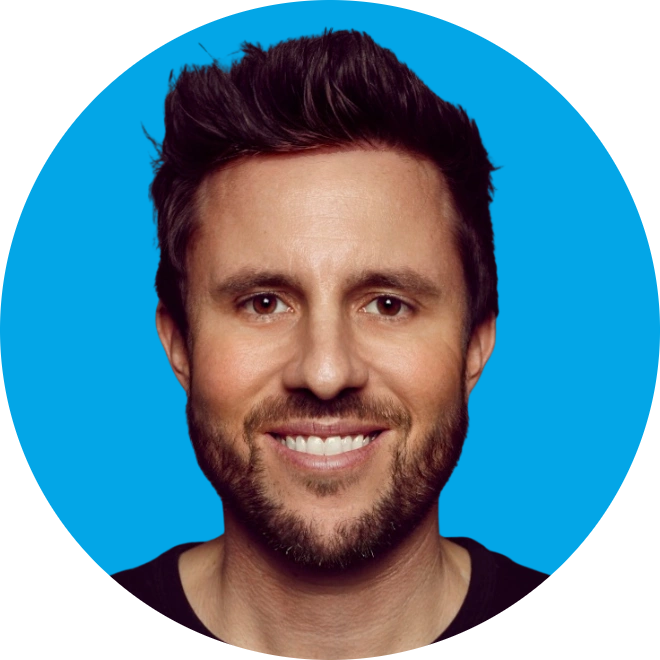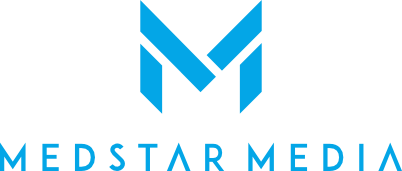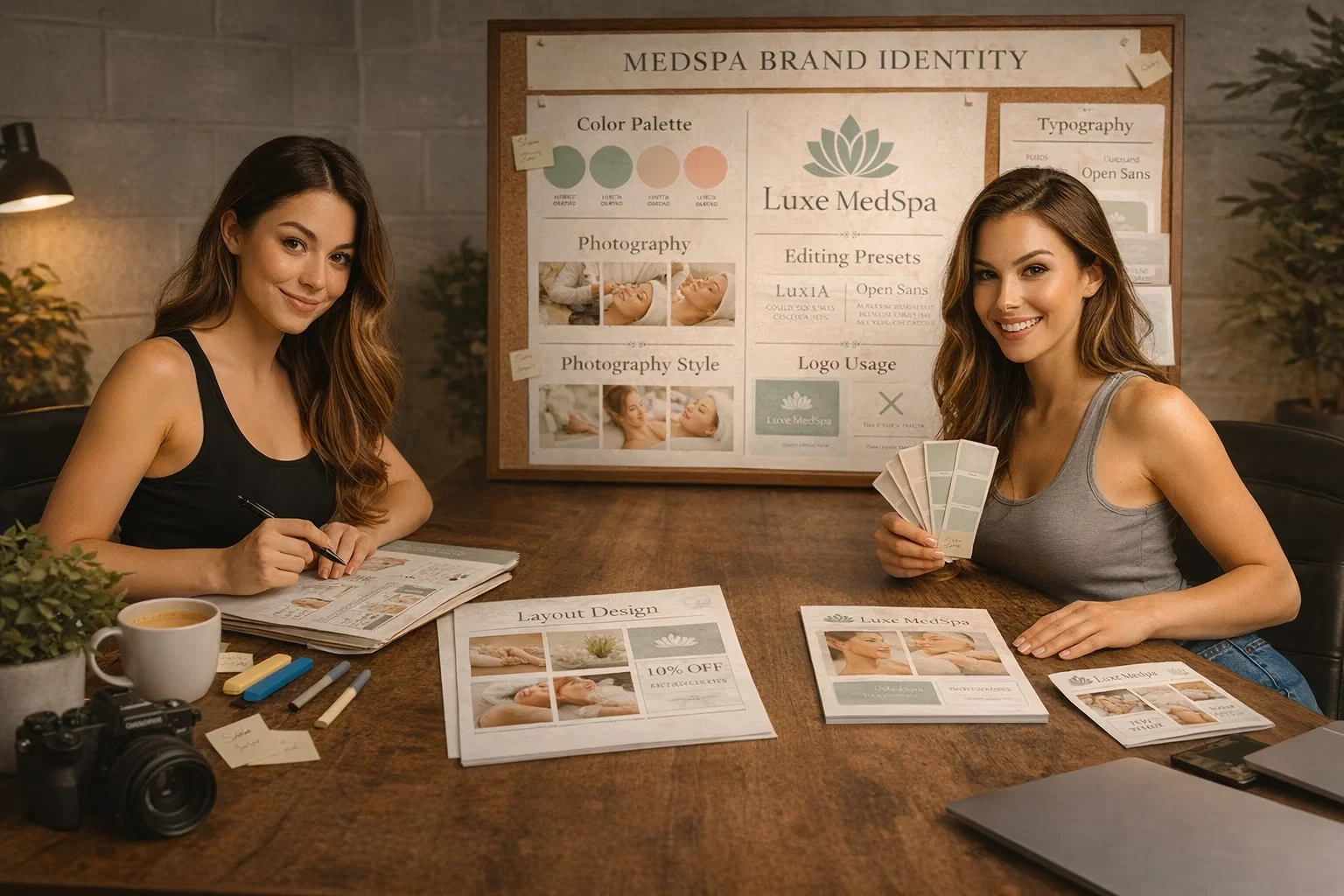How to Handle the Most Common Objections at a Medical Spa Consultation
Even the most skilled medspa consultant or aesthetic provider will run into objections during a consultation. That’s not a failure! It’s an expected part of the decision-making process. Objections aren’t always a hard “no.” More often, they’re invitations for clarity, reassurance, or deeper education.
If you want to grow your medical aesthetic practice, handling objections with professionalism and empathy is essential. In this guide, we’ll explore the most common objections clients raise at medspa consultations and how to respond in a way that builds trust, boosts conversions, and ultimately creates happier, long-term patients.
Overcoming Common Consultation Objections
You may have the perfect smile, the ideal credentials, and the best results in town, but patients will still hesitate. Here’s how to handle the top objections without getting defensive or sounding salesy.
“I was quoted much less down the street.”
This is one of the most common objections (and one of the trickiest). Here’s how to handle it based on how big the price gap really is:
- If the price difference is within 20–30%:
“Thanks for letting me know. We’d love to work with you. Let me check with my manager to see what we can do to make this happen for you.”
Then briefly step out, return, and say:
“Good news. We can work with you on the pricing.”
- If the quote is dramatically cheaper:
“I completely understand that price matters. That said, when it comes to your face or body, the lowest price isn’t always the safest or most effective choice. We actually see a lot of patients who come to us for corrections after getting bargain procedures elsewhere.”
Use relatable analogies:
“You wouldn’t want a discount liposuction or bargain Botox, would you? This is your body, not a toaster from Amazon.”
Focus on value, not price: advanced technology, medical credentials, safety protocols, aftercare, and proven results.
“I need to think about it.”
Totally normal. Never pressure a client into rushing a decision.
Here’s how to navigate it:
“That makes total sense. This is an important choice. Can I ask, what specifically would you like to think about? Is it the procedure itself, the cost, the timing, or something else?”
Their answer gives you clarity on what the real objection is. Once you know that, you can address it calmly.
“What would help you feel more confident moving forward?”
Offer to send additional resources, testimonials, or invite them back for a follow-up conversation. Give space but stay engaged.
“I need to talk to my husband/wife first.”
This objection can be a smokescreen or a real barrier. Use it as an opportunity to test their level of commitment.
Ask:
“What do you think your spouse would say?”
If they respond positively:
“It sounds like they’d be supportive. Should we go ahead and get you scheduled, and you can confirm later today?”
If they seem unsure:
“Tell you what, I’m going to grab a quick coffee. Feel free to call them right now while I step out. That way you can talk it through.”
Or:
“Would it help if your partner came in for a quick consultation too? That way, we can answer any questions directly.”
Your goal is to keep momentum without overstepping personal boundaries.
“I’m scared it will hurt.”
Fear of pain is universal. Instead of brushing it off, validate the concern and explain what the experience is really like.
“That’s a super common concern. Let me walk you through exactly what to expect and how we manage comfort every step of the way.”
Then break it down:
- Numbing options (topical, injectable)
- Gentle techniques or device innovations that minimize discomfort
- What they’ll feel during and after
- Downtime and recovery
Reassure them that most patients are surprised by how comfortable the procedure is.
“Would you like to hear how other patients described their experience?”
Share testimonials or quick before-and-after clips of clients talking about how easy it was.
“What if I don’t like the results?”
This is a vulnerable question, and how you answer it builds trust.
“That’s exactly why we do such thorough consultations, so we’re aligned on expectations.”
Explain your process:
- Treatment planning and mapping
- Conservative or phased approaches
- Before-and-after photo comparisons
- Revision or tweak policies (if available)
“Let me show you a few clients who had the same concerns at first and how happy they were with the results.”
Offer a next step that feels low-risk, like starting with a smaller area or touch-up before doing a full treatment.
“I’m worried about downtime.”
Most aesthetic patients have busy lives. The key is asking questions and offering customized clarity.
“Tell me a bit about your schedule. What kind of downtime are you most concerned about, bruising, swelling, time off work?”
Then:
- Provide realistic expectations
- Share how long the typical recovery takes
- Offer tips on how to minimize swelling or post-care
- Suggest starting on a Friday or using makeup/aftercare products to conceal mild redness
“Most of our patients are surprised at how manageable the downtime actually is, especially with good aftercare.”
“This seems too expensive.”
Instead of defending the cost, break it down into understandable value.
“I get that! It’s a big investment. Let’s look at what you’re actually paying for…”
Then list the elements:
- Medical-grade technology
- Highly trained providers
- Safety and sterilization protocols
- Personalized aftercare
- Proven, natural-looking results
“We also offer financing and payment plans that make this more accessible. Would you like to hear more about that?”
When patients understand why something costs what it does and feel they’re in expert hands, they’re far more likely to move forward.
“I want to do more research first.”
This is a great sign. Curiosity means they’re still interested.
“That’s smart. We want you to feel completely confident.”
Ask:
- “What information are you looking for specifically?”
- “Would it help if I sent you before-and-after photos, reviews, or treatment brochures?”
- “Do you have questions about the treatment or our clinic?”
Then offer to schedule a follow-up:
“I’d love to check in next week to see what questions came up. Can we schedule a 10-minute call now?”
This keeps you top-of-mind without pressuring the patient.
“I’m not sure I’m ready.”
Dig deeper! This is often a surface-level hesitation covering a more specific concern.
“Totally fair. What would help you feel more ready? Is it the timing? Confidence in the results? Budget? Or something else?”
Once you uncover the root, you can offer tailored solutions:
- Trial treatments or lower-commitment options
- Break down long-term plans into smaller steps
- Reassure them that waiting is okay, but invite them to stay connected
“Would it help to start with something smaller, like a light facial or injectable, and work our way up to your full goals?”
Pro Tips for Handling Objections from the Medstar Media Experts
Whether you're an injector, esthetician, or patient coordinator, these principles apply across all roles in the aesthetic consultation process:
1. Never Argue or Get Defensive
Stay calm, friendly, and open. Objections aren’t personal. They’re just part of the decision journey.
2. Ask Clarifying Questions
Objections often disguise deeper concerns. Use questions to uncover what’s really behind the hesitation.
3. Use the “Feel, Felt, Found” Method
This classic technique builds empathy and rapport:
“I totally understand how you feel. A lot of our patients have felt the same way. But what they found is that with the right provider, they were thrilled with their results.”
4. Stay Confident in Your Value
If you sound uncertain or overly apologetic, patients won’t feel confident either. Own your expertise and your worth.
5. Know When to Walk Away
Not every patient is ready. That’s okay. Leave the door open and stay gracious, you may see them again in a few weeks or months.
Growing Your Medical Aesthetic Practice Through Better Consultations
Handling objections isn’t about high-pressure tactics or sales tricks. It’s about meeting people where they are and guiding them toward solutions that truly help.
The most successful medspa consultations:
- Are rooted in empathy and curiosity
- Focus on education, not persuasion
- Address concerns without brushing them aside
- Offer value and reassurance every step of the way
When you master the art of the gentle “yes,” your conversion rates will rise, but more importantly, you’ll create a base of happy, loyal patients who trust you.
Learn more about Medstar’s renowned Lead Conversion Training where we help you and your staff become lead converting experts through our tried and tested strategies.
Want Help Training Your Team on Objection Handling? Let Medstar Media Help!
Improving your consultation conversion rates can lead to more bookings, stronger patient retention, and higher revenue, with no extra ad spend.
If your team needs help refining their objection-handling skills, consider working with consultants who specialize in aesthetic practice growth. Whether it’s through scripts, roleplay training, or lead-nurture strategies, the right support can make all the difference.
Medstar Media is proud to be a leading marketing agency specializing in the aesthetics and medical digital landscape. We’ve supported aesthetic & medical providers nationwide in properly training their staff and understanding fully how best to handle objections, improve customer interactions, and ultimately increase the success of their business.
Schedule a free strategy call (801) 890-3847, or email us at support@medstarmedia.com to get expert guidance, learn how to navigate consultation objections, and boost customer retention.
We’re here to help you turn “maybe” into “yes”, without ever being pushy.

About the Author
I’m Chris Zelig, Founder & CEO of Medstar Media. I’ve spent over 15 years in the aesthetics and cash-pay medical space, building my career on a lesson my dad taught me early on—keep things simple, fast, and easy. That mindset has become the cornerstone of my marketing approach. I focus on helping small, privately owned providers outperform larger competitors. My first aesthetics client, SKINNEY Medspa, grew from a family-run business into New York City’s #1 medical spa and the world’s leading provider of CoolSculpting and Emsculpt. Since then, I’ve gone on to represent top cosmetic accounts nationwide and create viral campaigns for causes such as early cancer detection.
Schedule a Marketing Strategy Session
*By submitting this form, you consent to receive automated marketing calls, texts, and emails from Medstar Media. Consent is not a condition of purchase. Reply ‘STOP’ to opt out.
Share:




